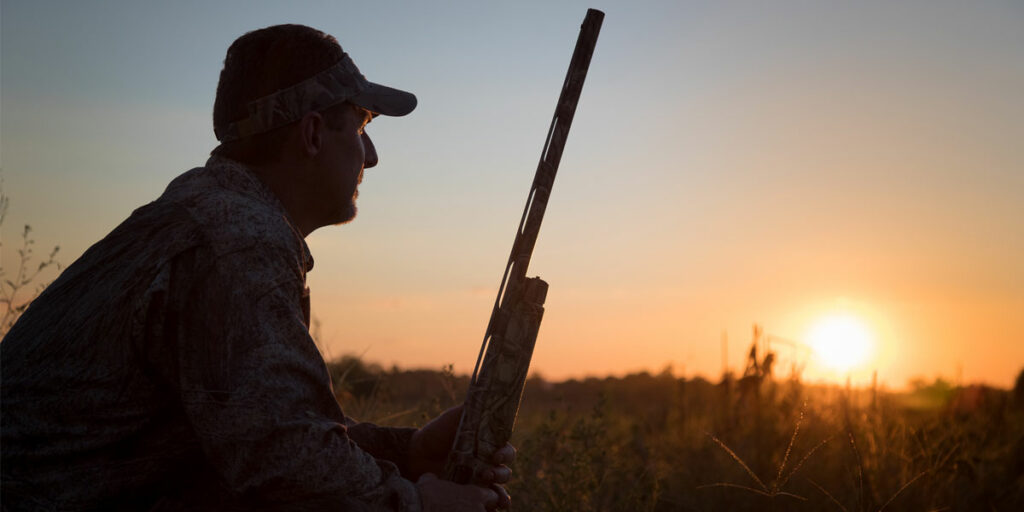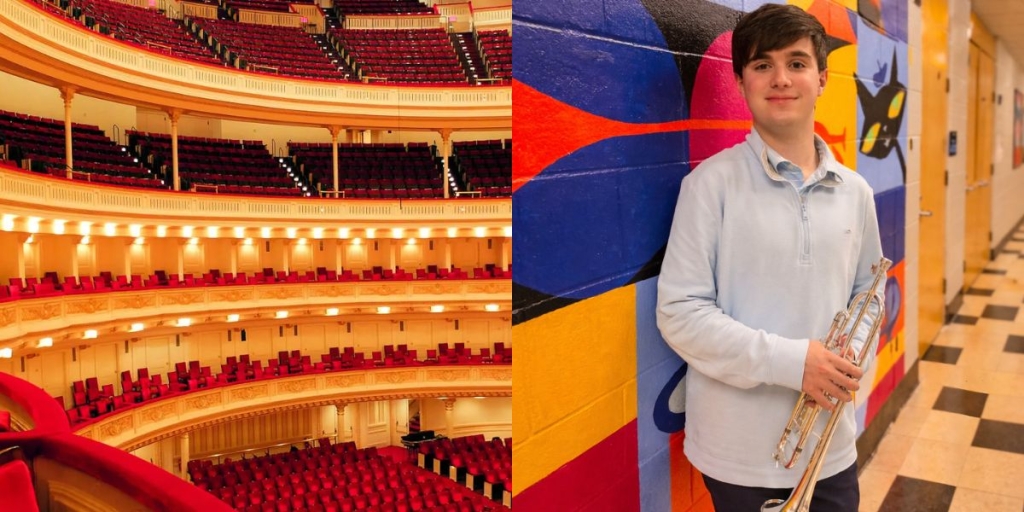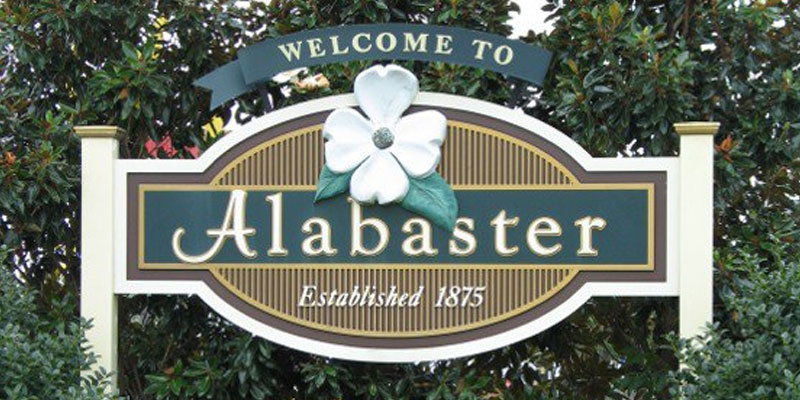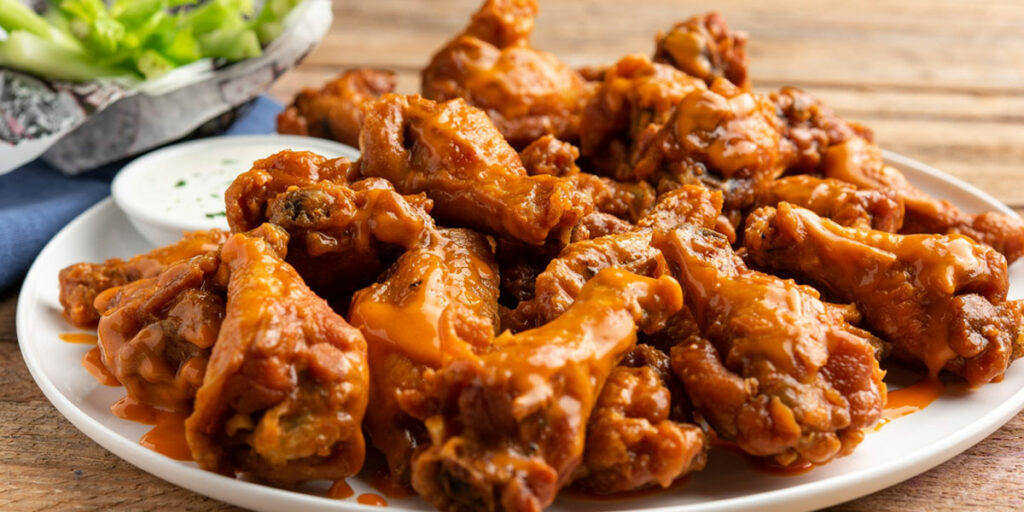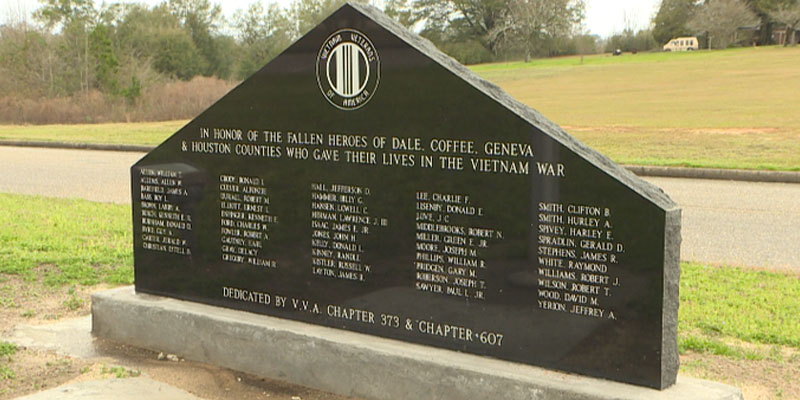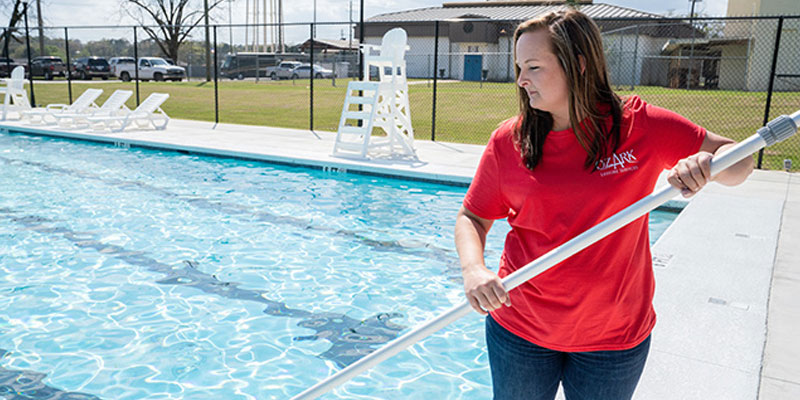Few people get to see their portrait painted 26 feet tall on the hometown square.
Wilbur Jackson could, but he hasn’t.
Fifty years after he became the first Black football player for the Alabama Crimson Tide, the former college and Super Bowl champion is being celebrated in Ozark. An 86-foot-long mural is nearing completion, but the modest hometown hero is holding off taking a gaze at his giant self.
“A lot of people I know have seen it and they seem to be more excited than I am, and I’m happy for that,” he said, noting that he will eventually get around to taking a gander.
Artist Wes Hardin has been toiling for six weeks on the salute to Jackson. The mural is the pet project of Ozark Mayor Mark Blankenship, who Jackson said sidestepped him by seeking go-ahead permission from Jackson’s daughter, Emily. He said Blankenship knew the star college and NFL running back is no fan of being made larger than life.
“He knows what my answer would be,” Jackson said with a chuckle. “I could go without it, but they said, ‘It isn’t being given to you – you earned it.’”
The mural is on the side of a building that housed Ozark’s first theater. Blankenship said it is the largest, most visible site for visitors driving from U.S. Highway 231 into the old downtown square. It is the first of four murals that will salute heroes of Ozark, which has 14,000 residents and was founded in 1871.
“I had been thinking about a mural of Wilbur for years but was never really in the position to put it together until I was elected mayor,” said Blankenship, a former Dale County Commission chairman who was elected mayor last year.
Hardin has been painting murals since 1978 in towns across the nation, including many cities in Alabama. Gov. Kay Ivey in 2019 dedicated his huge building-side portraits of Hank Williams and the Temptations’ Eddie Kendricks in Union Springs, where Hardin has painted three other murals reflecting local history.
Blankenship approached Hardin about painting the Ozark mural, presenting a Powergrams magazine portrait of Jackson taken two years ago by Alabama Power photographer Phil Free.
“We couldn’t get around using that portrait,” Hardin said. “It’s just the perfect image. As soon as I saw it, I fell in love with it.”
Hardin said he charges by the square foot according to the style a city wants for a mural. A simple, small mural can be done quickly and cheaply, as far as artwork goes. But the $45,838 price tag for the Jackson mural represents the top of the line, because of its size and photo realism technique. Once the cost was established and donors lined up, Ozark officials had to decide what they wanted the Jackson mural to convey.
“This artwork has evolved,” said Hardin, 61, who exclusively paints contract murals. “It was almost completely different in the beginning. But it was always about celebrating Wilbur Jackson.”
In early June, Hardin brought his Birmingham-made Rustgo steel platform that hand-cranks up to 28 feet high and began preparing the surface of the defunct House of Hats building. He replaced broken bricks as well as mortar between bricks, then used a rubberized sealant to make it a proper canvas.
Because of frequent rain and heat, Hardin has often been able to work only half-days in Ozark. Painting by himself nearly every day, he used regular paint rollers, switched from soft to hard bristle brushes as needed, and applied about 45 gallons of art-quality paint to nearly finish the Jackson portrait. Only fine detailed touches remain, which Hardin said most passersby would never notice needed completing.
People often drop by to watch Hardin paint and ask questions of the artist. Some have told him stories about growing up watching movies at the old theater. A high school classmate of Jackson’s brought grandchildren to show where Blacks entered to reach a balcony separate from whites to watch movies during the years of segregation.
“I enjoy people telling me stories about the subject of a mural or the building I paint it on,” Hardin said. “A lot of people enjoy watching the progress of the painting, so you don’t want to finish too quickly.”
Hardin said the Jackson mural, which includes a likeness of legendary Alabama coach Bear Bryant, as well as No. 80 running behind two Tide blockers, could still look good in 20 years. He said it will need to be inspected within 10 years, when a coating of UV-blocking paint may be added to make it last longer.
Photographer Free has had photographs shown in exhibits, magazines, online and on billboards, but the Jackson mural is the biggest, most permanent representation of his distinguished career.
“I think the artwork is a fabulous tribute to Wilbur Jackson’s story, which is a strong one that must be remembered, and I am honored that they chose one of the portraits that I did of Wilbur to use as a reference for it,” he said. Free’s photo is in the September 2019 issue of Powergrams that was also highlighted on Alabama NewsCenter.
“Wes Hardin’s murals are well-known throughout the Wiregrass area, and I encourage everyone to make a point to go see as many as they can,” Free said. “For me as a photographer, portraits that are not just renderings, but that also symbolize part of the lives of the subject are the most rewarding. I love to tell stories with images.”
Hardin tries to be democratic about his artwork, charging everyone the same price for the same square footage. He doesn’t know the details of Jackson’s exploits on the field, where he set records at every level for yardage gained carrying the ball. Hardin is more admiring of Jackson’s efforts in breaking ground for future Black athletes, and his reputation as a family man, entrepreneur and friendly sports legend.
“I’m hoping to meet Mr. Jackson,” he said. “But I understand he is a modest man who values his privacy. I hope he will be pleased with the mural.”
(Courtesy of Alabama NewsCenter)




